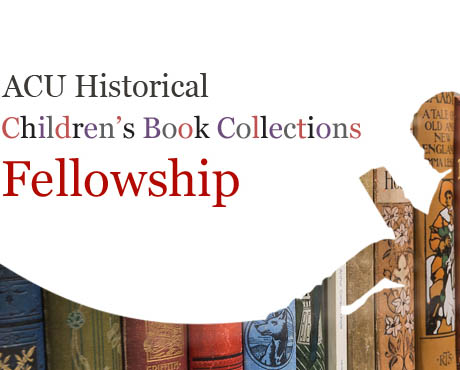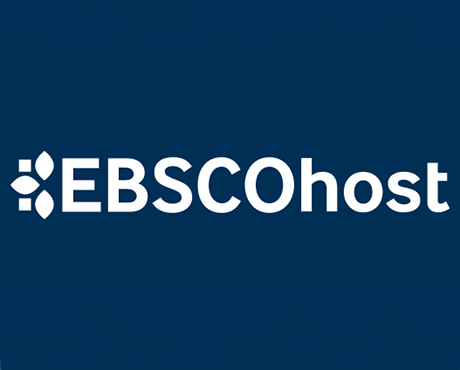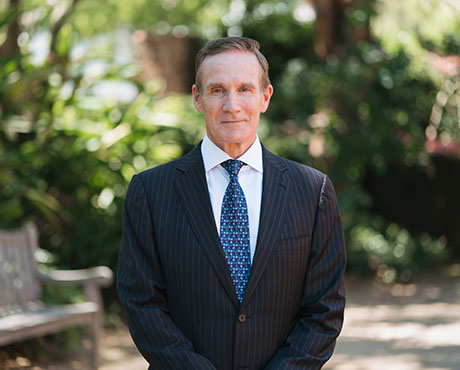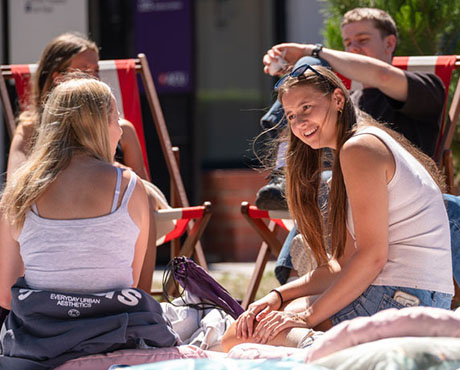
Research partnerships for the common good
News 23 SeptemberA message from Interim Executive Dean, Faculty of Education and Arts, Professor Phil Parker
25 October 2016
Share

Pseudo-hologram display of a Julfa khachkar (Photo by J Crispin).
Based in the Institute for Religion and Critical Inquiry, the Julfa Cemetery Digital Repatriation Project is digitally reconstructing an ancient Armenian cemetery, destroyed at the start of this century.
Working with cutting edge 3D visualisation tools, expanded human rights photography and traditional scholarship, the project’s researchers will be making use of use of photographs taken during the 20th Century to create an immersive 3D model of 2,000 medieval and early modern tombstones. The product is a faithful rendering that enables individuals to experience the lost graveyard visually and aurally.
Julfa (Jugha) cemetery lay in Nakhijevan, originally south-west Armenia and then part of Azerbaijan following the establishment of the Soviet Empire in the 1920s. Dating to before the time of Christ, the cemetery holds particular significance as one of the earliest Christian burial sites. In a devastating loss to humanity, the cemetery was completely destroyed by Azeri troops in the early 21st century, an outrage filmed by an Armenian Bishop from across the River Arax in neighbouring Iran. Today the site is an Azeri shooting range bearing no sign of its prior historical and religious significance.
The Julfa Project is an important attempt to restore this lost evidence of early Christian history; a project of social justice and the preservation of endangered cultural heritage. Its primary purpose is to ensure the public memory of remarkable (and priceless) cultural heritage, salient not just to Armenians but to the world. What is more, digital reconstruction will restore a measure of dignity to the 10,000 deceased inhabitants of Julfa Cemetery, whose remains now lie unmarked beneath the shooting range.
Distinctive of Julfa cemetery are its ornately carved khachkars ('cross stones') that are unique to Armenian religion and culture. Those at Julfa cemetery were particularly noteworthy, in part because of the commercial and political importance of the ancient city of Jugha in the 16th Century. Of the near 10,000 khachkars that once sat at Julfa, only 25 survive. Having been removed from the cemetery over the course of the 20th century, they provide invaluable direct evidence of what has been lost.
The reconstruction of the wider cemetery is feasible only because of a remarkable archive of systematic photographs taken by Argam Ayvazyan during the 1970s and 1980s. These photographs, along with 3D scans of the extant khachkars, inform the virtual reconstruction of the cemetery. The Julfa Project has created an immersive 3D exhibition as the first step towards a full-scale permanent 3D installation. Permanent installations are planned for Yerevan and Sydney, along with a touring 3D exhibition that will bring the experience of Julfa to people around the world.
The project is co-directed by Dr Judith Crispin and Professor Harold Short. Further expertise is provided by Drew Baker, 3D visualisation specialist, and Dione McAlary, based in Canberra. Now in its second year at ACU, the project is indebted to the far-sightedness of the Vice-Chancellor and President, and the Deputy Vice-Chancellor Research, and the invaluable support they have provided to the project since its inception.
The Julfa Project is now urgently seeking external funding for the continuation and advancement of its research.
For more information, visit the project website.
Judith Crispin and Harold Short

A message from Interim Executive Dean, Faculty of Education and Arts, Professor Phil Parker

The library is supporting the ACU Historical Children’s Book Collections 2025 Fellowship. It is an opportunity to conduct research on our historical collection of children’s books, located at St Patri...

On 24 June ACU will transition to the new EBSCOhost. This will result in a new look and feel across some of our most popular databases. Learn more about the changes and what action may be required of ...

Advance your career in teaching and learning with the Graduate Certificate in Higher Education. Enrol by 22 June to get started in Professional Term 5.

Viva Engage is here. Access it easily via Microsoft Teams.

Include an additional survey item in the Student Evaluation of Learning and Teaching (SELT) survey for units that are offered in ACU Online Term 2 (202536).

A new Adjunct and Honorary Titles Policy and Procedure has been approved and is now in effect at ACU.

Teaching staff are encouraged to check their units have been correctly linked to their names for the Student Evaluation of Learning and Teaching (SELT) surveys in upcoming teaching periods.

ACU has three student modules: the Academic Integrity, Respectful Relationships, and Protecting our Children modules. Semester 1 students must complete their modules by 1 July to access their results ...

Please be aware of the following changes to payroll processing dates.

A message from the Chief Operating Officer Patrick Woods.

As part of Student Administration's commitment to service excellence, AskACU will be running on-campus re-enrolment drop-in sessions in July, while CMAS enhancements will improve information available...

The Student News and Events bulletin is sent to all students, nationally, and includes a broad cross-section of news, announcements, events and stories from across the university. The May edition is o...

Say goodbye to Workplace and hello to Viva Engage. Learn about our new community structure and all-staff community.

An update from the Executive Dean of Law and Business Professor Andrew O'Neil.

A reminder to all academic staff that the mandatory Notice of Intent, for those intending to apply for promotion in the 2025 round, must be submitted by 11.59pm this Friday (30 May).

Expect a few email notifications as we prepare to welcome you to Viva Engage next week.

Include an additional survey item in the Student Evaluation of Learning and Teaching (SELT) survey for units that are offered in Professional Term 4 (202547).

Register for these 15-minute sessions to learn more about the variety of online researcher profile platforms and what is involved in setting up, linking and updating your profile.

Lecturers-in-charge can make a direct determination of Poor Academic Practice (PAP) for students who engage in minor forms of academic misconduct. Learn why they can be valuable to staff and students.
Visit Service Central to access Corporate Services.